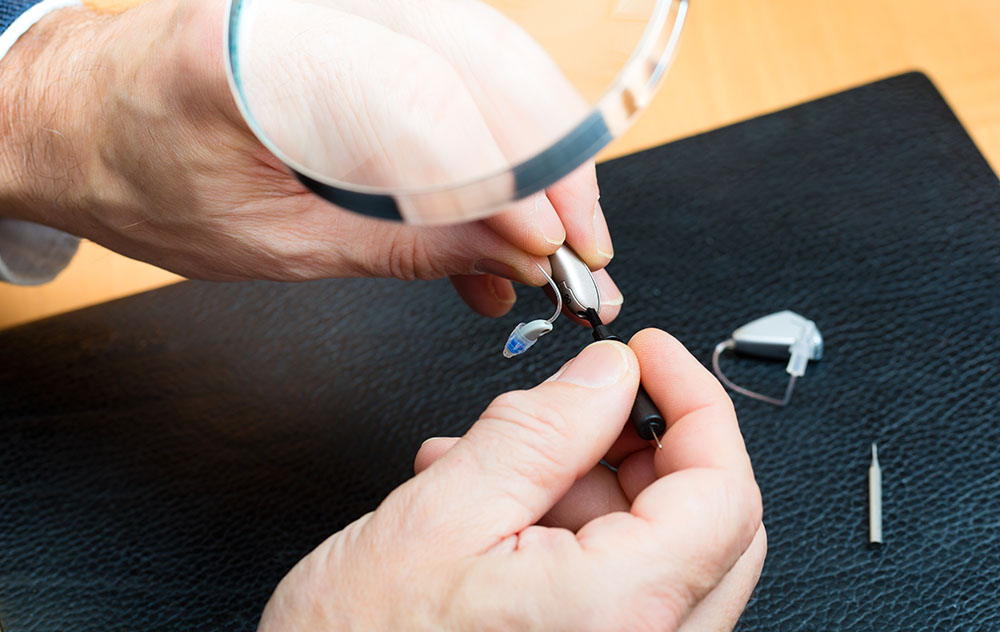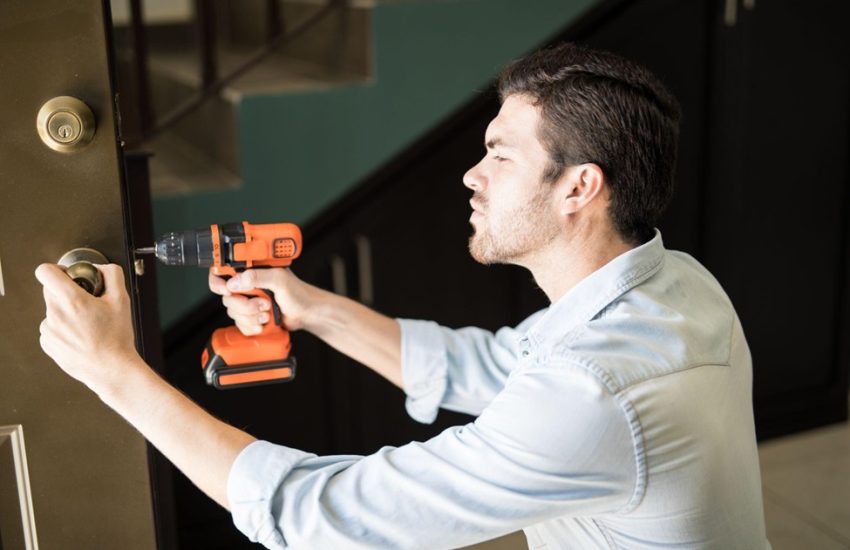Four Tips For Hearing Aid Care and Maintenance
In order to maximize the use of your hearing aids, you must take proper care of them. A daily cleaning will help to avoid buildup of wax and other materials that can affect sound quality. Continually neglecting your hearing aids will shorten their lifespan and require expensive repairs. Fortunately, daily maintenance only takes a few minutes and will ensure the highest quality sound from your devices. Make sure to check for blockages after every use, and use cleaning tools to remove any buildup that may have accumulated. Use alcohol pads to clean the tips of your hearing aids to avoid causing damage to your hearing device.
Cleaning your hearing aids
To ensure the longest possible life for your EarPros US hearing aids, clean them as regularly as possible. A multi-use tool, which contains a brush, magnet, and wire loop, is recommended for this purpose. Using a soft, dry cloth can help remove earwax and debris from the hearing aid. Never use water or non-hearing aid cleaning wipes while cleaning your hearing aids. In order to extend the life of your batteries, you should store your hearing aids in a cool, dry place. A dehumidifier makes a good drying jar to store your hearing aids in.
If your hearing aids have batteries, they need to be removed overnight and left open to dry. In addition, you can use a dehumidifier to pull moisture out of the compartmenYouyou should visit a hearing healthcare professional or hearing aid retail for a more comprehensive cleaning. They can clean and repair your hearing aids using special tools and cleaning solutions. Cleaners that are suitable for hearing aids can be bought online. However, you should consult a hearing healthcare provider if you are unable to clean your hearing aids or if you are not comfortable cleaning your hearing aids.
Replacing the wax filter
If your hearing aids have a wax filter, you may need to replace it. Sometimes the filter becomes clogged with debris and wax. You may have to remove the dome of your hearing aid before you can change the filter. To replace the filter, you will need a tool that resembles a long stick with a pin on one end. Remove the old filter and place the new one in its place. Once the old filter is gone, throw it away.
In order to avoid damage to your hearing aid, you must regularly change the filter. Most filters need to be replaced every two months. However, this depends on the circumstances of each individual. For example, if you wear hearing aids that are ventilated or have a higher amount of wax, you should change the filter more frequently. You can also clean your wax filters using a small brush and wax pick. Using these tools, clean the domes and clean away any wax buildup.
Keeping your hearing aids out of reach of children
Keeping your hearing aids out of reach is essential if you want them to continue to work for you. Children are natural curiosity about what they can put in their mouths, and a hearing aid may seem small and innocuous at first, but it can quickly become a choking hazard. Therefore, children should be carefully supervised when handling hearing aids, and parents should always follow the instructions on the packaging. Batteries should also be stored in a locked case.
When storing hearing aids in a drawer, it is crucial that you keep them in a location where they are out of the reach of children. Children’s ear canals are not smooth like those of adults, and they can swallow a hearing aid battery, which could cause an infection or even lead to a debilitating infection. Also, you should keep your hearing aids out of reach of small pets, which can cause problems with your hearing aids.
Keeping your hearing aids out of reach of animals
If you have a child who likes to put things in their mouths, you should be aware of the dangers of leaving your hearing aids near them. Both children and pets can choke on your hearing aids, so you should be extra careful when keeping your hearing aids in your home.
When not in use, hearing aids should be stored in a cool, dry place, out of reach of children and pets. Keep in mind that your hearing aids should be snugly fitting, as pets may accidentally snatch them. If they do fall out, they should be adjusted by an audiologist. Make sure they are protected from moisture, dirt, and wax. Your hearing aids should be stored in a case that is out of reach of pets and children.









